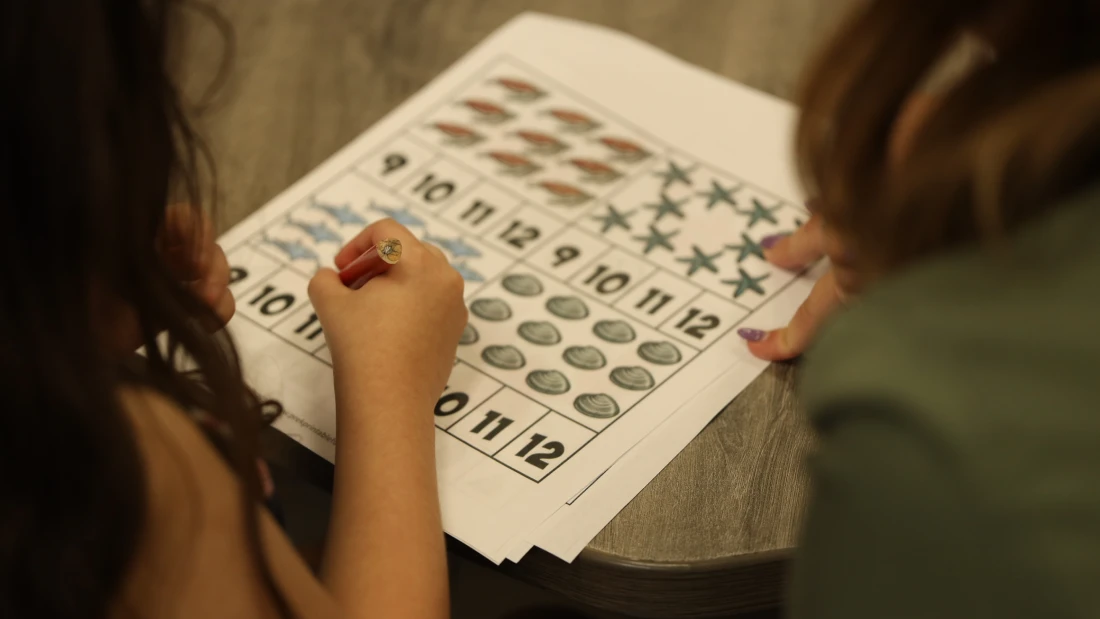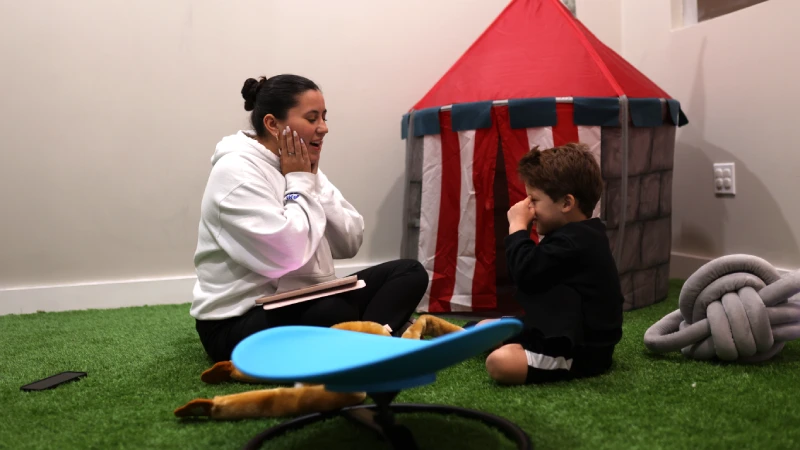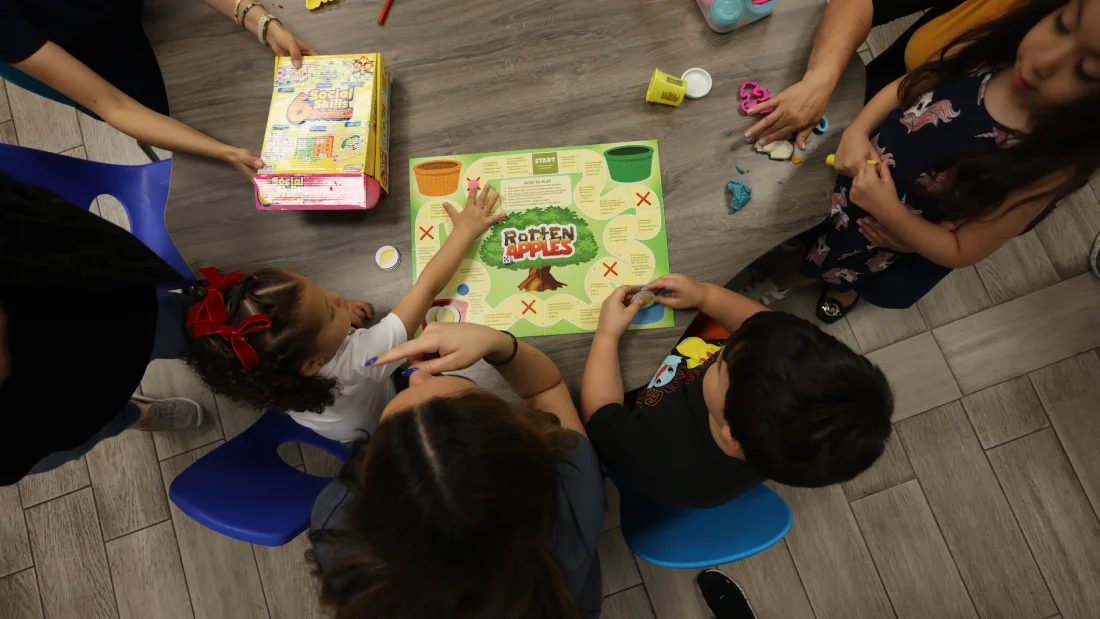
BCBA Jobs: Requirements & Opportunities in Behavior Analysis
Have you ever desired to enroll in BCBA jobs? Do you think you have what it takes to make a meaningful difference in people’s lives?
Behavior analysts and technicians play a crucial role in understanding and improving behavior, particularly for individuals with autism and other developmental challenges. These highly skilled professionals are patient, empathetic, and analytical—qualities essential for success in this impactful field.
But becoming a behavior analyst isn’t just about passion. It requires meeting specific educational and certification standards to secure a position in today’s competitive job market. The good news? The effort is well worth it.
Here’s why: Over the past five years, BCBA positions in the U.S. have grown by 31%. Salaries are ranging from $70,000 to $80,000 annually, depending on experience and location.
So, if you’re ready to take this exciting journey, this blog post is for you! We will guide you through requirements, roles, and certification steps to become a BCBA and RBT professional today!
Let’s Start with the Foundation: What Are BCBA Jobs?
When you hear “BCBA jobs,” you might wonder—what exactly does a Board Certified Behavior Analyst (BCBA) do? At its core, this is a profession dedicated to making meaningful changes in people’s lives, particularly those on the autism spectrum or with learning disabilities. A BCBA is a certified expert in behavior analysis, applying evidence-based strategies to improve behaviors and teach essential skills. Let’s break it down:
- Behavioral Assessments: Identifying areas for growth by analyzing behaviors and setting clear goals.
- Intervention Plans: Creating and implementing personalized strategies to meet individual needs.
- Training Others: Equipping caregivers, educators, and even employers with the tools to ensure consistent progress.
- Ongoing Monitoring: Adjusting interventions based on data to keep progress on track.
BCBAs aren’t limited to one type of environment. They work in schools, therapy clinics, private homes, and even corporate settings. Their impact is broad, from helping kids improve communication and social skills to empowering adults with strategies for independent living.
Overall, BCBA jobs aren’t just about the rewarding nature of the work—they’re also about the potential for a stable and lucrative career. Let’s dive into the numbers and opportunities shaping this exciting field.
Salary and Career Opportunities for BCBA Jobs
Demand for BCBAs is on the rise, fueled by the growing need for autism therapy. With the CDC reporting that 1 in 36 children in the U.S. is diagnosed with autism, the need for professionals in behavioral therapy has never been greater. By 2030, the autism services market expect to hit $5.8 billion in the U.S.
So, how much do BCBA professionals make? Here’s what you can expect:
- Entry-Level Salaries: Around $55,000 annually.
- Experienced Professionals: Can earn $100,000 or more.
- National Average: Approximately $73,580 annually, according to Salary.com (2024).
Beyond financial rewards, BCBA careers offer opportunities in diverse fields. Here’s where your skills can shine:
- Education: Public schools and universities.
- Healthcare: Hospitals and therapy clinics.
- Private Practice: Providing one-on-one therapy.
- Research & Policy: Working with institutions and government agencies to shape behavioral practices.
This demand translates to more than just job security—it’s a career with the power to make a difference while offering financial stability.
Behavior Analysis Careers: RBT and BCBA Jobs

If you’re considering a career in behavior analysis, two standout roles should be on your radar:
- Board Certified Behavior Analyst (BCBA): This leadership role involves designing, supervising, and evaluating intervention plans tailored to individual needs.
- Registered Behavior Technician (RBT): A hands-on position where you work closely with clients, implementing strategies under the guidance of a BCBA.
Both paths offer the opportunity to make a meaningful impact, but the journey to certification requires dedication and careful preparation. Here’s what you’ll need to succeed:
- Core Coursework: Learn the fundamentals of behavior analysis, including learning theory and experimental design.
- Fieldwork: Gain real-world experience through supervised training with industry professionals.
- Ethical Training: Develop the skills to practice responsibly and in line with professional standards.
Key Differences: RBT vs. BCBA Registered Certification
While both careers are rooted in behavior analysis, the requirements to get officially certified vary significantly. Whether you’re aiming for the leadership responsibilities of a BCBA or the direct client engagement of an RBT, knowing the steps involved is critical.
Board Certified Behavior Analyst jobs (BCBA)
To become a BCBA, there are specific and rigorous educational requirements:
- Bachelor’s Degree: Aspiring BCBAs must first obtain a bachelor’s degree in a relevant field such as psychology, education, or social work.
- Master’s Degree: Next, they must complete a master’s degree in behavior analysis, psychology, or a related field from an accredited program.
- Coursework and Fieldwork: In addition to their degrees, BCBAs must complete specific coursework in behavior analysis and gain supervised fieldwork experience.
- Certification Exam: Finally, they must pass the BCBA certification exam administered by the Behavior Analyst Certification Board (BACB).
BCBAs are responsible for designing, implementing, and overseeing behavior intervention plans, as well as supervising the work of behavior technicians.
Registered Behavior Technician jobs (RBT)
On the other hand, the RBT role requires less extensive educational skills, making it more accessible for those looking to enter the field quickly:
- High School Diploma: The minimum educational requirement for an RBT is a high school diploma or equivalent.
- Age: Be at least 18 years old.
- Training: RBT candidates must complete a 40-hour training program in behavior analysis.
- Competency Assessment: They must also pass a competency assessment conducted by a qualified behavior analyst.
- Background Check: Undergo a criminal background check.
- Certification Exam: Additionally, they must pass the RBT certification exam administered by the BACB.
- Supervised Experience: RBTs work under the supervision of a BCBA or other qualified professional.
RBTs play a crucial role in supporting BCBAs by implementing behavior intervention plans and collecting data on client progress.
How to Become a Behavior Analyst

Embarking on a career as a Board Certified Behavior Analyst (BCBA) or a Registered Behavior Technician (RBT) is no small feat, but the rewards are truly life-changing. From the satisfaction of making a meaningful difference in people’s lives to the financial stability these roles offer.
In addition to the requirements previously discussed, a behavior analyst requires soft skills such as problem-solving, empathy, data analysis, and communication. By mastering these skills, you’re not just building a career—you’re shaping futures.
Start as an RBT and Grow
If you’re just starting out, a great way to enter the field is by taking on behavior technician jobs, which can serve as a stepping stone toward becoming a BCBA. At KOALA ABA & Learning Centers, we’re proud to help aspiring professionals lay the groundwork for their careers.
Through Koala University, we provide certified training programs and hands-on support to help you become a certified RBT. From guidance during the certification process to mentorship from industry experts, we’re here to set you up for success.
Take the first step today by scheduling a meeting with one of our specialists. Let us help you achieve your goals and embark on a fulfilling career in behavior analysis!
FAQs for BCBA Jobs:
How long does it take to become a BCBA?
- The process typically takes 6–7 years, including undergraduate and graduate education, plus fieldwork and exam preparation.
What is the average salary for a BCBA?
- The average BCBA salary in the U.S. ranges from $70,000 to $80,000 annually, depending on location and experience.
What’s the difference between a BCBA and an RBT?
- A BCBA creates and supervises intervention plans, while an RBT implements those plans under a BCBA’s supervision.
How do I become an RBT?
- Becoming an RBT requires a high school diploma, a 40-hour training course, passing a competency assessment, and clearing the RBT certification exam.
How much does a Registered Behavior Technician (RBT) earn in the U.S.?
- The average salary for an RBT in the U.S. ranges from $35,000 to $50,000 annually, depending on factors such as location, experience, and employer. Entry-level positions typically start around $17-$20 per hour, while experienced RBTs in high-demand areas can earn higher hourly rates or annual salaries.
Can I advance from an RBT to a BCBA?
- Yes! Many RBTs choose to further their education and certification to become BCBAs.

